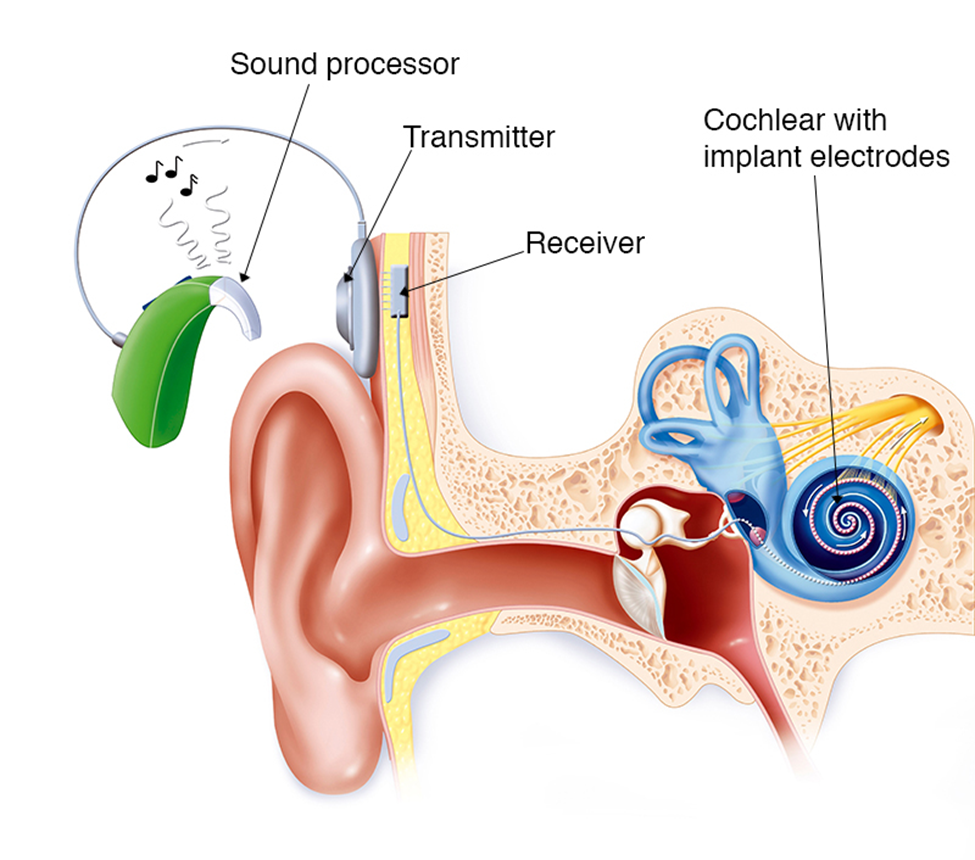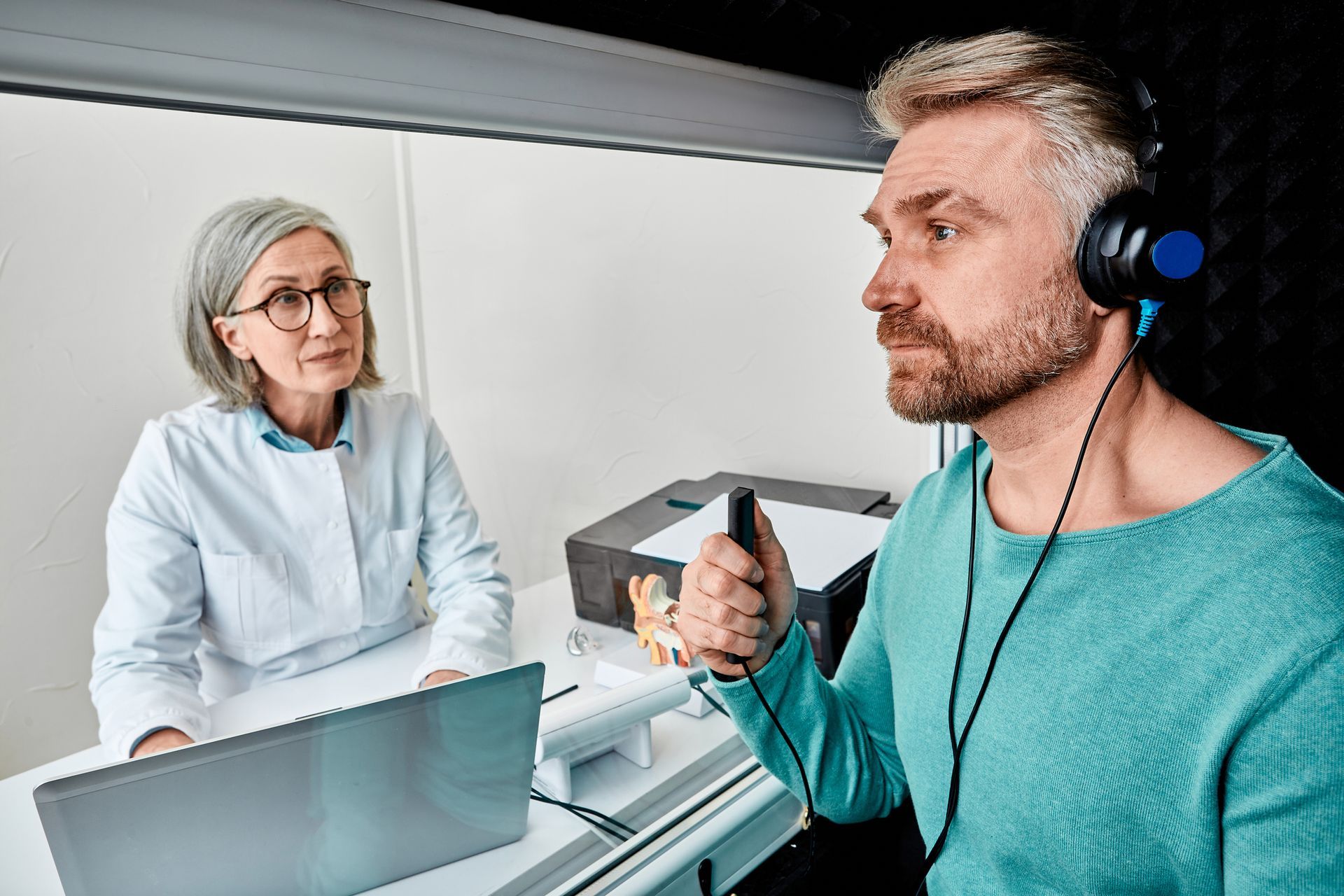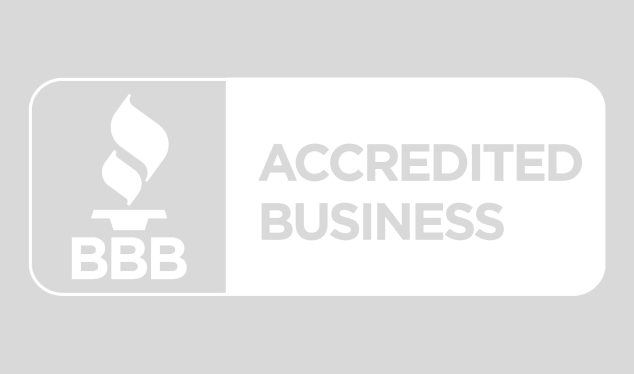October is Audiology Awareness Month
October 5, 2021
At 4 Bridges Audiology, We Put Our Patients First
I often get the sly remarks and jokes when I tell people I am an Audiologist. The “What?” or “Huh?” response and, to be honest, I have fallen for them more often than I would like to admit. What has come to my attention over the last 15 years in the audiology world is that often people do not realize everything an audiologist can do for them. Yes, we sell and fit hearing aids – but there is much more to our profession that just selling a product.
I only posted 3 blogs at the beginning of this year and then I totally dropped the ball. I have made a promise to myself that I am going to be better and making monthly blog posts to educate my community about the importance of hearing healthcare. Since October is National Audiology Awareness Month, I am going to take this month to educate you on all the services…and products…that can be offered by audiologists. It will be a brief touch on the most important services that audiologists can provide under their scope of practice. Then I will expand on some of these topics in my upcoming blogs.
In my first blog, I discussed some of the reasons why we don’t talk about hearing loss and some basic facts and statistics about hearing loss. In my second blog, I discussed how to recognize the signs/symptoms of hearing loss; the different types of hearing loss; common causes of hearing loss; and some of the risks associated with untreated hearing loss. If you missed any of those blogs, check them out by clicking on the links below.
There is no doubt people are concerned about their health. Often, though, they don’t think about the importance of hearing health. Every audiology practice or hearing center will not offer all the services possible based on our scope of practice, so it is important to research the office you are using to ensure treatment of any problems you may be having. At 4 Bridges Audiology, we always put our patients’ best interests at the forefront of our decision-making process. If you need a service we do not provide, we will help you find the provider best suited for your needs!
Not only can Audiologists test for and treat hearing loss, but we can also educate patients about safe versus unsafe levels for listening. We utilize tools and share resources that empower patients to protect their hearing. We remove wax and possible foreign objects from patient’s ears every day. We offer custom molds for hearing protection, water protection, and in-the-ear monitors for musicians. We even have custom molds to block out your spouse’s snoring at night. I like to call those marriage savers! We also take impressions of your ears to send to the company of your choice for the device you are looking to purchase.
Audiologists can evaluate and screen for tinnitus and sound sensitivity issues, auditory processing disorders, and balance/dizziness problems. We can also facilitate aural rehabilitation efforts for hearing loss, auditory processing disorders, tinnitus, sound sensitivity, and certain balance issues. Some audiologists even offer industrial audiology testing services to businesses, factories, etc. We often make regular visits to assisted living facilities and nursing homes to give access to hearing healthcare without having to leave your place of residence.
Now that we have touched on the basic services Audiologists offer, I’d like to touch base on something I am sure most of you are aware of. Since October is National Audiology Awareness Month, there is no time like the present to lay it all out on the table for discussion.
The landscape of hearing devices is about to drastically change. It’s already changing! I will not go into great length on this now, but in a future blog we will talk about the Over-the-Counter Hearing Aid Act that is moving forward as we speak. I think this legislation is going to be both good and bad for various reasons. Most of the current hearing devices, called Personal Sound Amplification Products (PSAPs) are not great. They amplify everything and claim to make you hear a pin drop across the room – but no one wants to hear that! Patient experiences with these devices have mainly been negative and the devices have not been very helpful in improving speech understanding in their daily lives. So even if it is an inexpensive option, it proves the saying that “you get what you pay for.”
There are a few negative consequences of this legislation that I see for the people we serve at 4 Bridges Audiology. One of the biggest problems I see is that people can purchase these devices when they may not actually need them, because they haven’t been seen by an audiologist for testing. There have been countless times that patients have come into my office with complaints of sudden hearing loss and the only problem is ear canals full or wax, or an ear infection that is temporary and will clear up with medical treatment.
There can also be more serious reasons that you may have hearing loss that could require quick, immediate medical treatment, or observation on a regular basis. For example, a patient came to me years ago with hearing loss that was significantly worse in their left ear. When I looked in their left ear, I knew immediately that it was a glomus tumor. The eardrum was literally purple and bulging! A glomus tumor is a benign (noncancerous) tumor found in the head and neck but can be locally invasive and requires surgical removal because they grow into the middle ear and brain. This patient was seen by one of the best otolaryngologists at Vanderbilt and eventually the tumor was completely removed, and hearing was improved!
My concern here really focuses on the patient – what if there is something that could be quickly treated or that might be more serious in nature and requires medical treatment, and it is simply missed because that person did not have an initial hearing exam by an audiologist?
This legislation will allow more companies to offer great hearing devices at a much lower price point. There are already companies doing it well and I give them props. We will discuss these in another blog, I promise. This is going to help those who haven’t been able to afford hearing aids because the cost has been too high, with very little to no insurance coverage for hearing devices.
But let me tell you something else I have learned in the last decade of being an Audiologist…it mainly comes down to the service that we provide that keeps patients hearing well and liking their hearing aids. Cleaning, programming, verification, repairs, counseling, aural rehabilitation, balance testing and treatment – these are the ways we help those with any type of hearing problem – GREAT SERVICE AND EXPERTISE!
Ok…it’s time to wrap this up! I think I just gave myself enough topics to talk about monthly for the next 2 years. I have so much to share with you! The world of Audiology is changing, and I am going to have to change as well. There will be some very exciting things happening at 4 Bridges Audiology in 2022 and I cannot wait for these things to launch! We will be branching out and offering some new services that I think our community can really benefit from in terms of hearing healthcare. Follow us on Facebook and Instagram to stay informed about what’s going on at 4 Bridges Audiology!












